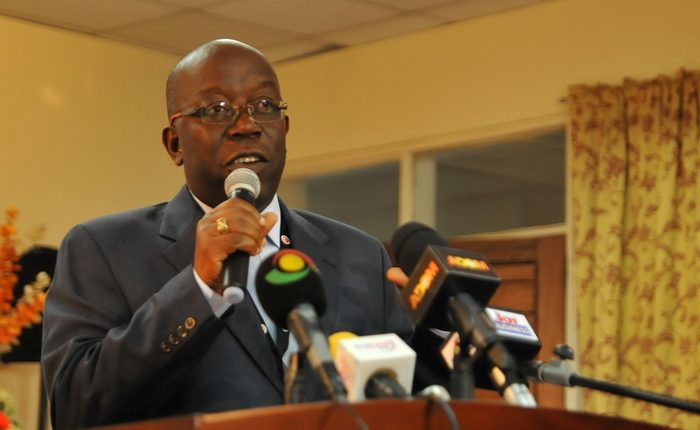The Social Security and National Insurance Trust (SSNIT) says it is poised to eradicate poverty in the country by insuring the active income of informal sector workers through its Self-Employed Enrollment Drive (SEED) initiative.
SSNIT said this would avert the overreliance of such persons on their children and lessen the burden on the government’s social interventions like Livelihood Empowerment Against Poverty (LEAP).
Out of the country’s estimated workforce of 11.5 million, only 1.8 million are active SSNIT contributors. According to statistics from the Ghana Statistical Service (GSS), only 11% of the aged in the country receive pension benefits, a situation SSNIT describes as unacceptable.
In an interview on the sidelines of a training programme for some journalists in the Eastern Region on June 8, Head of Public Affairs at SSNIT, Charles Garshong, cautioned workers in the informal sector not to rely on their children, friends, or family members during their retirement. He encouraged them to invest in their retirement to help end old-age poverty.
He said that was because old age was not far away, and invalidity could be very close. For this reason, he said, they should register for the scheme so that “tomorrow, when you are no longer fit to work or you are too old, SSNIT will be paying you every month with annual increments.”
“In addition, people also pass away, and we do not want you to leave your children or family unattended to. Therefore, we encourage you to insure your income with us. You can even make your payments through mobile money or our portal.”
Mr. Garshong also called on contributors to regularly update their beneficiaries to avoid the challenges associated with the distribution of benefits.
“It is important for us to focus our education on the need for people to update their beneficiaries so that in the event of your demise, the money is paid to the right people. This will help to avoid the situation where people had children, but their money had to be paid to their parents or elder siblings,” he added.



